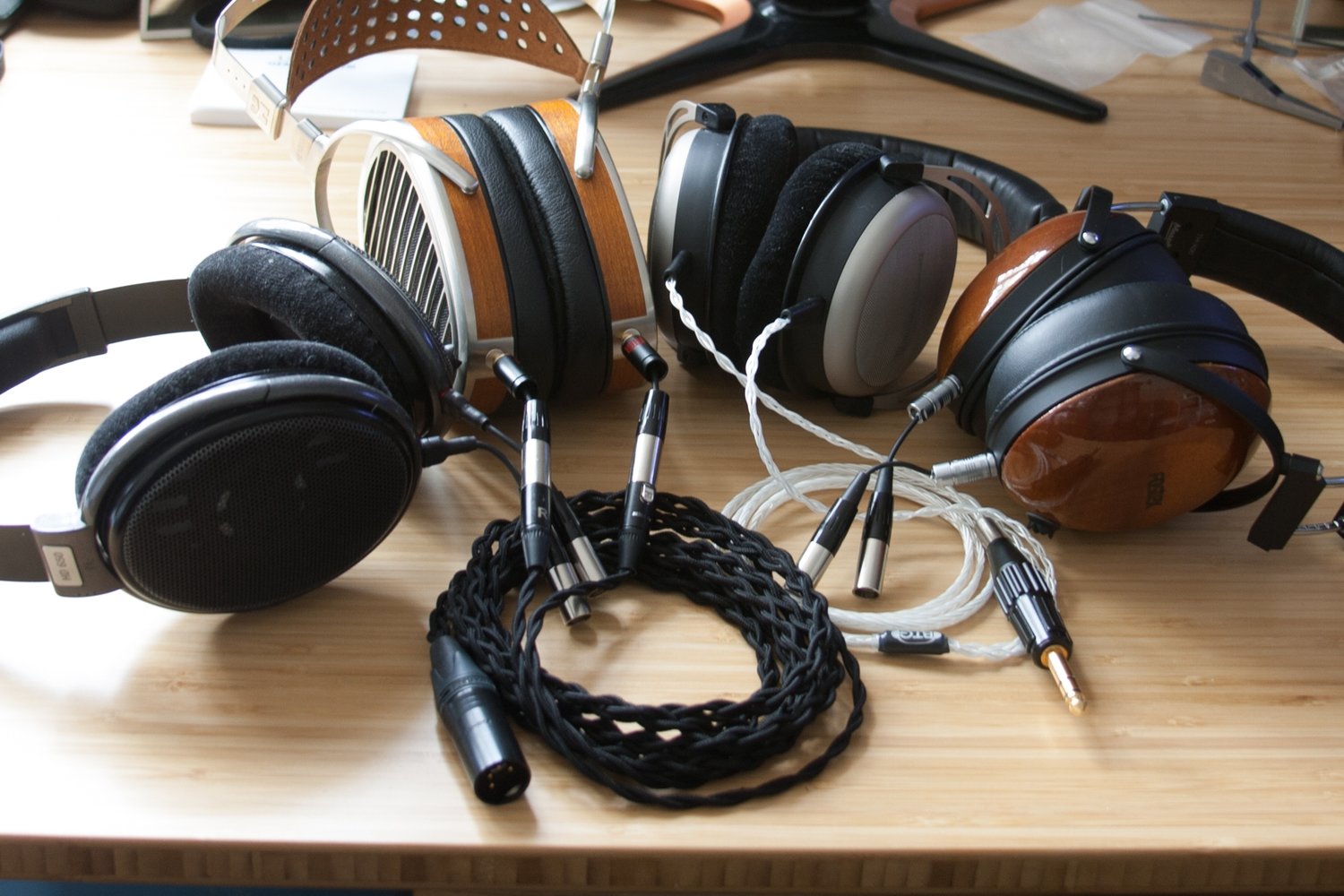5genez
100+ Head-Fier
Your cables look like noise and interference antennas.
All good RCA analog interconnect cables are made with coax cable. End of story.
Name some coax interconnect brands that you speak of that are designed as interconnects for components?
There are so many other things that effect the sound that even if you found the "perfect" interconnect you may never know it if you are not getting the other things correct to begin with.
You want to argue about what someone has and knows what it does?
Last edited:





